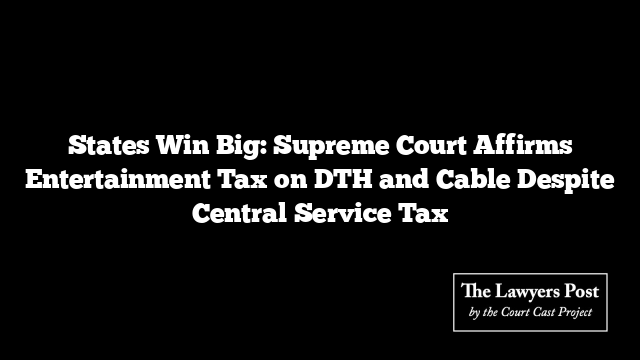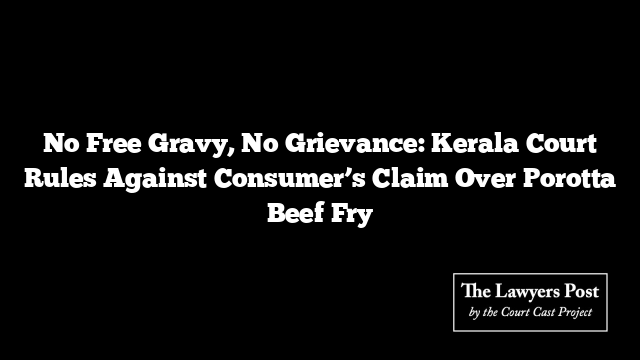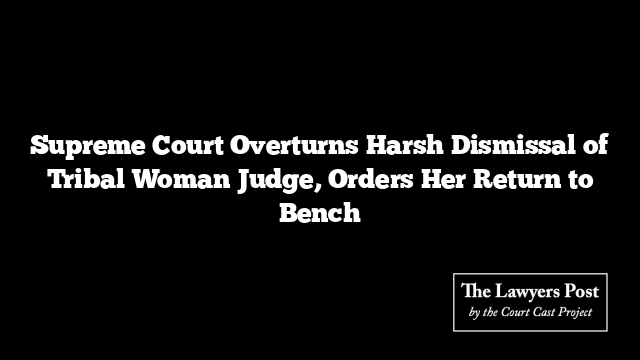The Supreme Court has put a decisive stamp on a long-standing tussle over entertainment tax on Direct-to-Home (DTH) and cable TV services, ruling that State governments hold the right to levy such taxes independently—even though the Union government already collects service tax on broadcasting.
A two-judge Bench, led by Justices BV Nagarathna and N Kotiswar Singh, unanimously dismissed challenges by leading DTH operators like Tata Play, Dish TV, and Sun Direct against State entertainment tax laws. The verdict underscores that the Central service tax on broadcasting and State entertainment tax on content consumption are not mutually exclusive but can coexist under the Constitution’s “aspect theory.”
The Court’s extensive 321-page judgment clarified that these two taxes target different facets of the same transaction. While the Union taxes the transmission service, States can tax the enjoyment of entertainment itself—be it in private homes or public venues. The operators’ argument—that they merely facilitate broadcasting and should be exempt from entertainment tax—was firmly rejected. The Court emphasized that without their decryption devices (set-top boxes), no entertainment reaches viewers.
This ruling validates entertainment tax statutes in multiple States, including Kerala, UP, Gujarat, Delhi, Tamil Nadu, Punjab, Assam, Jharkhand, Rajasthan, Odisha, and Uttarakhand. It also overturns a Kerala High Court judgment that had struck down a discriminatory luxury tax on cable operators with over 7,500 connections.
The Court insisted on a broad interpretation of “entertainment,” adapting legal principles to the digital age where entertainment is no longer confined to theaters or public spaces but streamed straight into homes.
Additionally, the Supreme Court addressed retrospective taxation, cautioning that States cannot levy entertainment tax on DTH services before their laws explicitly included such services.
Beyond the tax specifics, the judgment reinforced a constitutional truth: the power to tax is distinct and must be explicitly conferred—regulatory entries in the Constitution do not imply taxation rights.
This ruling is a game-changer for the entertainment tax landscape, reaffirming State powers and clarifying the nuanced divide between service and entertainment taxes in a modern broadcast ecosystem.





